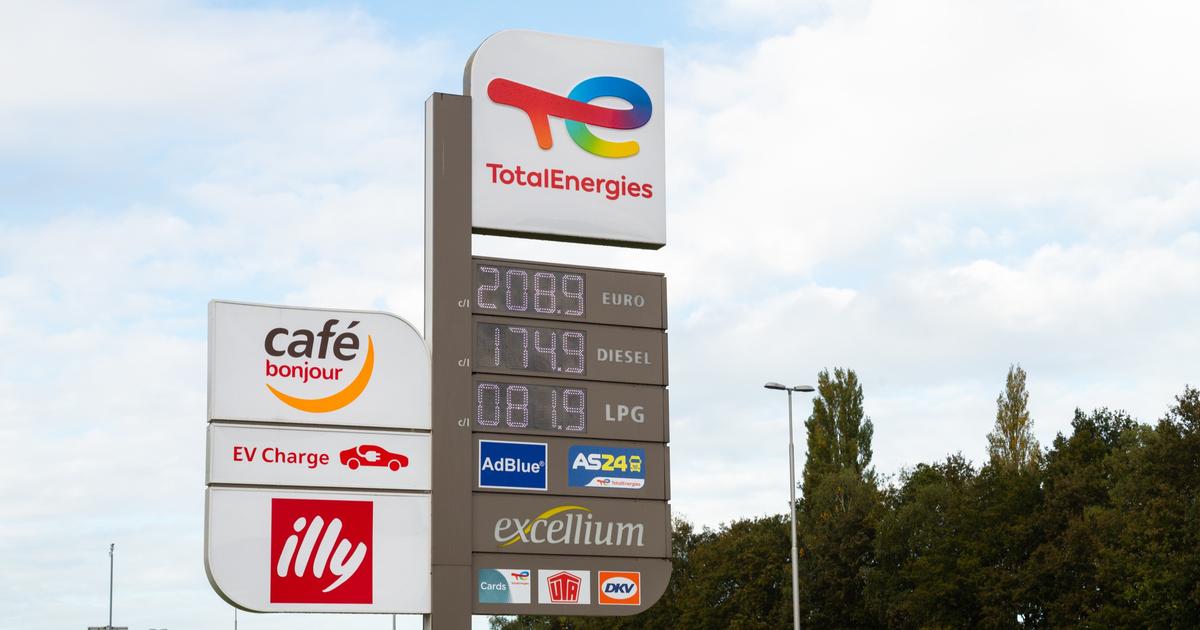The Organization of the Petroleum Exporting Countries and its allies including Russia, better known as OPEC +, have announced that their production will drop by 10 million barrels per day, or 10% of world supply, to effective May 1. The objective? Stop the fall in crude oil prices caused by the coronavirus pandemic when global demand has dropped by 30%.
Since March 6, a disagreement between Russia and Saudi Arabia had paved the way for a real price war with the plummeting of the barrel of more than 15% in a month and 55% since January 1.
This time, the main oil producers who are meeting again this Friday seem almost to have found common ground with a drastic reduction in production of 10 million barrels of crude per day in May and June.
An unprecedented decline
On paper, this drop is unprecedented and considerable. During the 2008 financial crisis, OPEC, without Russia at the time, decided to reduce its production by 2.2 million barrels per day.
At the end of these two months, OPEC + then intends to reduce the drop in its production to 8 million barrels per day (bpd) until December, then to 6 million bpd between January 2021 and April 2022.
Except that this reduction requested from the producing countries is not yet unanimous. The withdrawal of ten million barrels would be mainly supported by Saudi Arabia and Russia, but at least twenty other countries should participate in the effort. However, some countries such as Mexico believe that the quotas that are imposed are too large and difficult to bear financially when it is a large windfall of cash.
Reluctance of the United States
In addition, OPEC also hopes that the United States, the world's largest producer and other countries such as Canada, Norway and Brazil will also make an effort in turn by reducing their production by 5 million barrels per day .
However, the thing is far from being won. The United States, the world's leading producer thanks to the shale oil boom in recent years, has for the moment rejected this hypothesis. Donald Trump justifies himself by explaining that the fall in prices is already leading American companies on the brink of the abyss to reduce their production.
“It pays me” newsletter
The newsletter that improves your purchasing powerI'm registering
Your email address is collected by Le Parisien to allow you to receive our news and commercial offers. Find out more
"There is an 80% agreement," said Bijan Namdar Zanganeh, the Iranian oil minister who took part in the talks, in the evening. "They are close to an agreement, we will soon know what it is," wanted to reassure Donald Trump during a press conference Thursday in Washington after an exchange with his Russian counterpart Vladimir Putin and the king Salman of Saudi Arabia.
In addition to the continuation of OPEC + negotiations, a meeting is to be held this Friday with the G20 Energy Ministers who will in turn examine the possibility of concerted action. The purchase of strategic reserves could be decided in an attempt to maintain prices.
Still too much oil
Beyond these negotiations and geopolitical interests, will this reduction in production be sufficient to give the petroleum industry some air by stabilizing prices?
On this, the opinions are rather negative. Even if the reduction in production announced is historic, it represents only half of the drop in demand caused by the coronavirus crisis worldwide.
The shutdown of a large part of economic activities has caused world demand to fall by 30%, or around 30 million barrels per day. In the United States, one of the countries most affected by the COVID-19 epidemic, gasoline consumption has dropped by 48% to 5.1 million barrels per day during the last three weeks due to the measures containment.
In other words, the market is still in overproduction with oil companies looking to store black gold everywhere.
In the United States, poor quality oil, mainly intended for making bitumen, is even sold at a negative price ...
Under these conditions, according to analysts, this reduction in production will just help cushion the fall in prices a little and not reach storage limits. "This will prevent prices from falling into an abyss but still not restore the desired market balance," warn analysts at Rystad Energy.
Banks Goldman Sachs and UBS estimate that the price of oil could even plunge to 20 dollars a barrel, or even less. "At the end of the day, the magnitude of the demand shock is just too great for a coordinated decline in supply," writes Goldman Sachs in a note.
At the announcement of this agreement in principle, the price of a barrel of Brent collapsed by 4.90% to 31.99 dollars.
A next OPEC + meeting has been scheduled for June 10.






